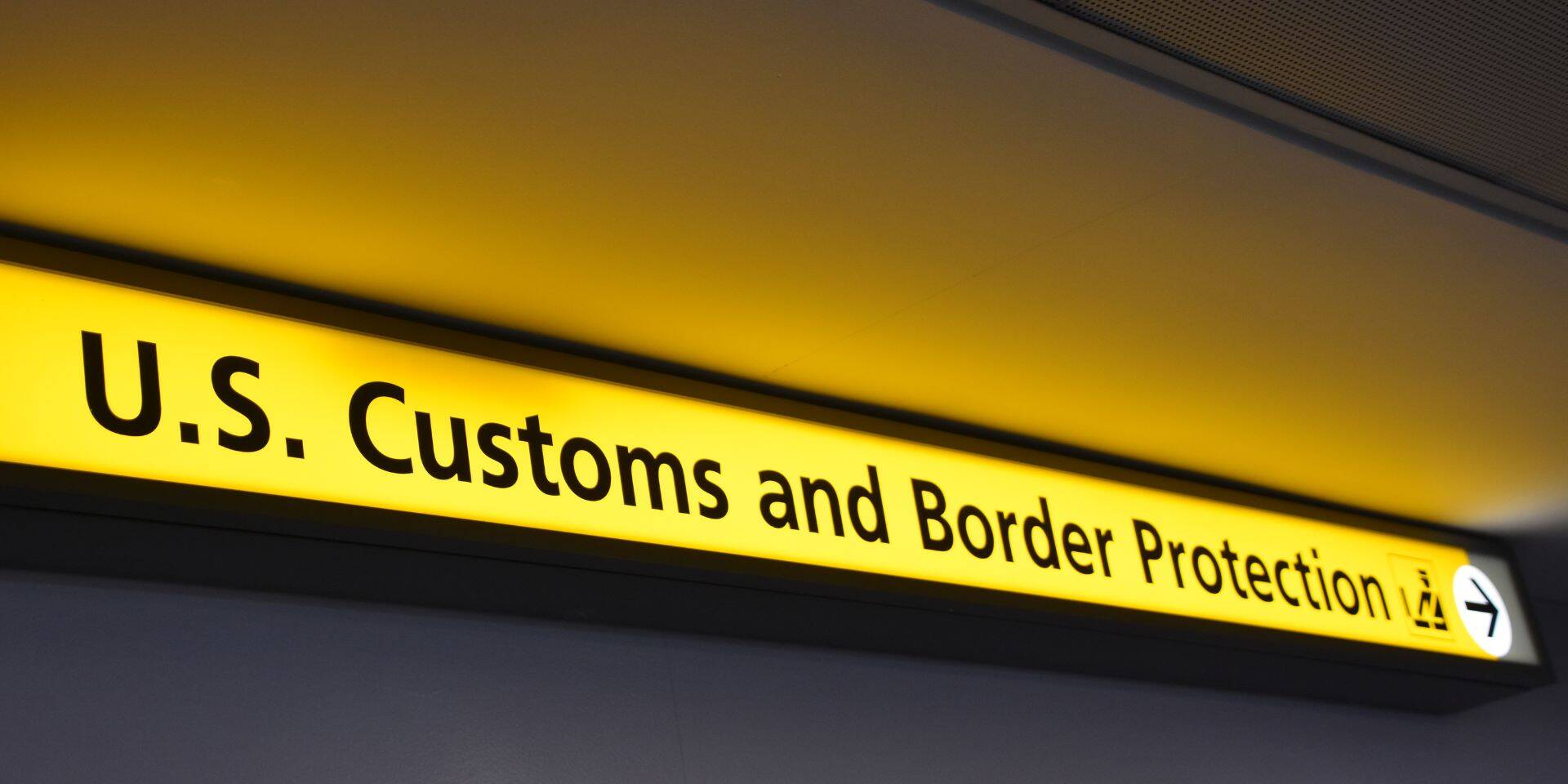Asylum claims at the U.S. border to Canada will be expedited. Among the updates are limiting the time allowed for asylum seekers to consult attorneys to 24 hours from arrival, per the Department of Homeland Security (DHS). In addition, implementation of various processes as outlined in the “Safe Third Country” agreement with Canada will take effect, affecting asylum processing to the north.
Under the Safe Third Country agreement, migrants must claim asylum in the first country where they arrive after leaving their home country. Per the agreement, both the U.S. and Canada have the authority to remove individuals who cross the border to seek asylum in the other country. If a migrant arrives in Canada and does not seek asylum but then crosses the U.S. border to claim asylum, they can be removed.
Previously, individuals had the option to request safety in the U.S. while gathering documents showing they qualify for an exemption. Now, asylum officers will solely consider documents carried with the migrant during the screening process. The option to request safety in the U.S. while gathering documents is no longer available. Individuals can request an exemption at the border, even without documentation. However, the exemption requirements were not outlined.
To some extent, the new asylum processing procedures at the northern border are similar to those implemented at the U.S. southern border, although not nearly as restrictive. Asylum processing between ports of entry is temporarily suspended to the south. All updates are meant to give immigration officials to more quickly process asylum seekers, deporting those that do not qualify faster.
Migrant encounters at the U.S. northern border were over 100,000 in fiscal year 2022. The figure for fiscal year 2021 was slightly over 27,000, per U.S. Customs and Border Protection statistics. In fiscal year 2023, over 189,000 migrant encounters were seen at the Canadian border. As of June 2024, the total for this year is roughly 145,000.
As always, ILBSG actively monitors ongoing updates to U.S. immigration policy. If you have questions about any U.S. immigration related issue, contact us. Our team of experienced attorneys work with our clients to ensure they get the right advice.
Related Posts
May 14, 2025
June 2025 Visa Bulletin: Modest EB-2 and EB-3 Movement, Slight F-4 Movement
The June 2025 visa bulletin will see…
May 8, 2025
Immigration Officials used Criminal Database for Student Visa Terminations
DHS revealed they used the FBI-ran NCIC…



